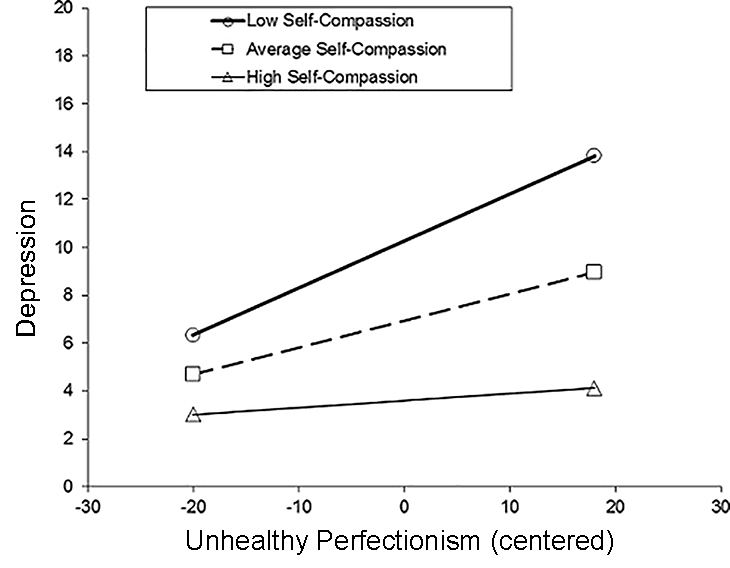depression (in medicine) A mental illness characterized by persistent sadness and apathy. Although these feelings can be triggered by events, such as the death of a loved one or the move to a new city, that isn’t typically considered an “illness” — unless the symptoms are prolonged and harm an individual’s ability to perform normal daily tasks (such as working, sleeping or interacting with others). People suffering from depression often feel they lack the energy needed to get anything done. They may have difficulty concentrating on things or showing an interest in normal events. Many times, these feelings seem to be triggered by nothing; they can appear out of nowhere.
mental health A term for someone’s emotional, psychological and social well-being. It refers to how people behave on their own and how they interact with others. It includes how people make choices, handle stress and manage fear or anxiety. Poor mental health can be triggered by disease or merely reflect a short-term response to life’s challenges. It can occur in people of any age, from babies to the elderly.
psychologist A scientist or mental-health professional who studies the human mind, especially in relation to actions and behaviors.
questionnaire A list of identical questions administered to a group of people to collect related information on each of them. The questions may be delivered by voice, online or in writing. Questionnaires may elicit opinions, health information (like sleep times, weight or items in the last day’s meals), descriptions of daily habits (how much exercise you get or how much TV do you watch) and demographic data (such as age, ethnic background, income and political affiliation).
standards (in research) The values or materials used as benchmarks against which other things can be compared.
stress (in psychology) A mental, physical, emotional or behavioral reaction to an event or circumstance (stressor) that disturbs a person or animal’s usual state of being or places increased demands on a person or animal; psychological stress can be either positive or negative. (in physics) Pressure or tension exerted on a material object.
symptom A physical or mental indicator generally regarded to be characteristic of a disease. Sometimes a single symptom — especially a general one, such as fever or pain — can be a sign of any of many different types of injury or disease.









